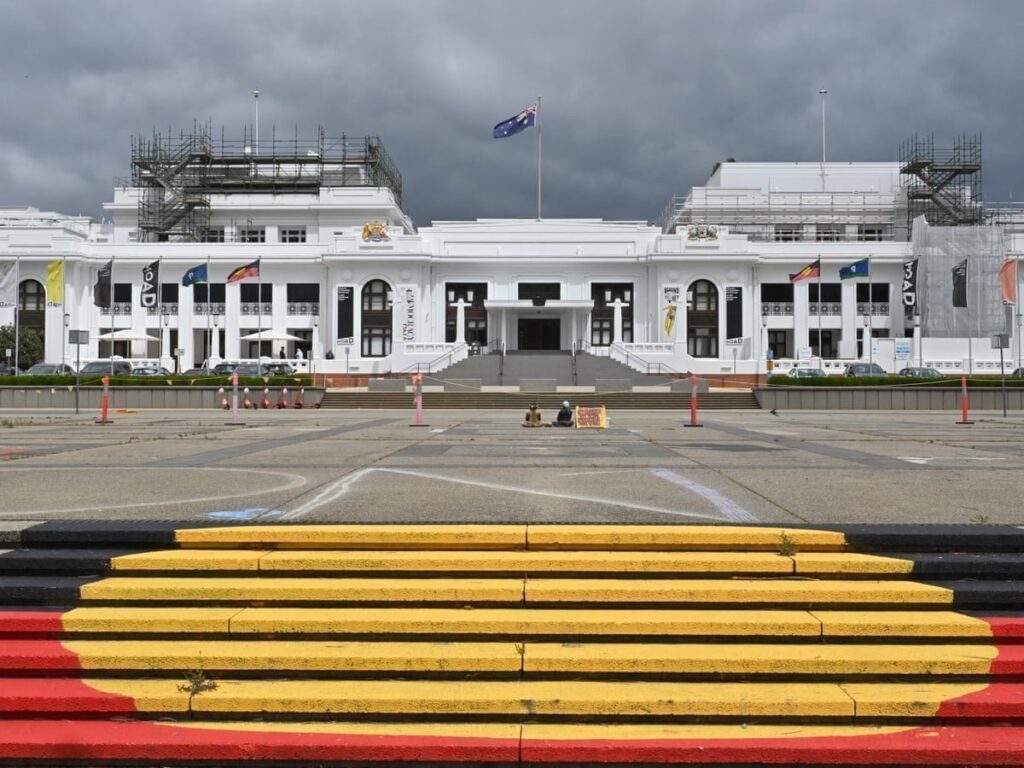Revolutionary Accord Gives Indigenous Mayors ‘Seat at the Table’ in Queensland – But Government Denies it’s a ‘Voice to Parliament 2.0’
- Queensland government signs historic agreement with First Nations councils, granting them direct access to state cabinet
- Minister for Aboriginal and Torres Strait Islander Partnerships Fiona Simpson claims it’s the “complete and utter opposite” of the failed Voice to Parliament
- Opposition leader Cameron Dick and Katter’s Australian Party leader Robbie Katter slam the accord, likening it to the Voice to Parliament
In a groundbreaking move, the Queensland government has signed an agreement with the state’s 17 First Nations councils, giving them unprecedented direct access to state cabinet. The accord, hailed as a “historic” moment by Palm Island Aboriginal Shire Council mayor Alf Lacey, promises to empower Indigenous leaders to raise critical issues affecting their communities without being bogged down by bureaucracy.
Minister for Aboriginal and Torres Strait Islander Partnerships Fiona Simpson insisted that the agreement is not a rehash of the failed Voice to Parliament, which was defeated in a 2023 referendum. “This is about consultation – it’s providing a practical way for people in very remote areas with huge areas of disadvantage to have direct consultation with government,” she said.
But Opposition leader Cameron Dick and Katter’s Australian Party leader Robbie Katter aren’t convinced. They claim the accord is eerily similar to the Voice to Parliament, which they argue would create an unelected decision-making body. “This is a Voice to Parliament for our First Nations people – they have a direct line straight into the minister, the premier and the cabinet,” Dick said.
Katter echoed similar sentiments, stating that the LNP Government is going against the clear wishes of 68 per cent of Queenslanders who voted against the Voice to Parliament. “We don’t need yet more bureaucrats and departments to give some councils more voice than others,” he said.

Despite the backlash, Mayor Alf Lacey remains optimistic about the accord’s potential. “It gives us an opportunity to have a seat at the table, which is really important. For the first time in the history of our state, we have an opportunity to bring forward issues that affect all our communities and find better solutions and a better way forward.”

